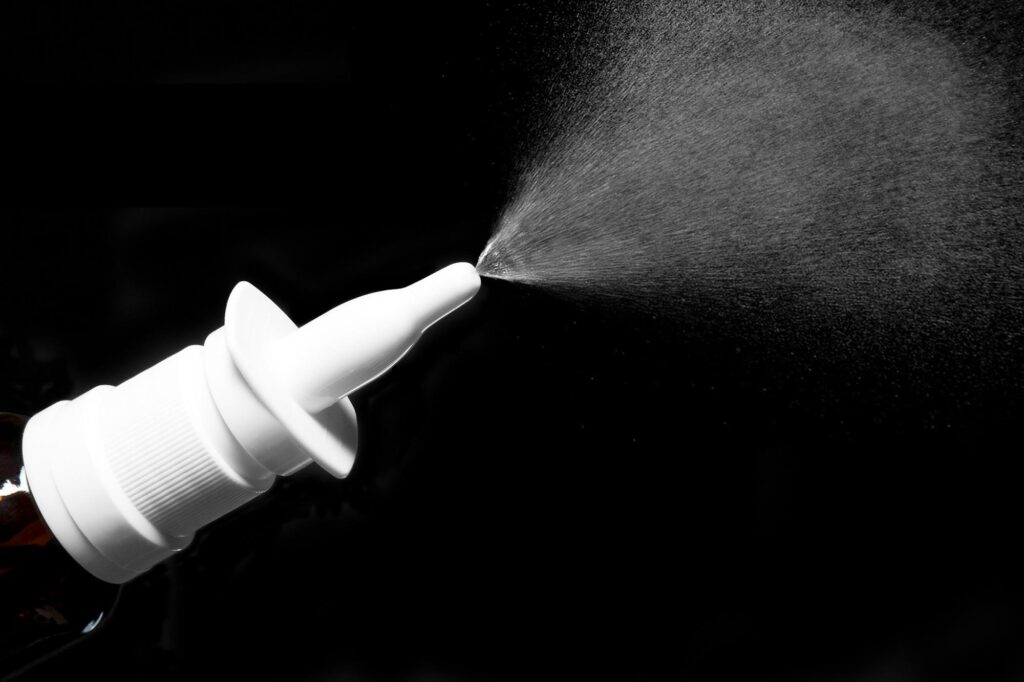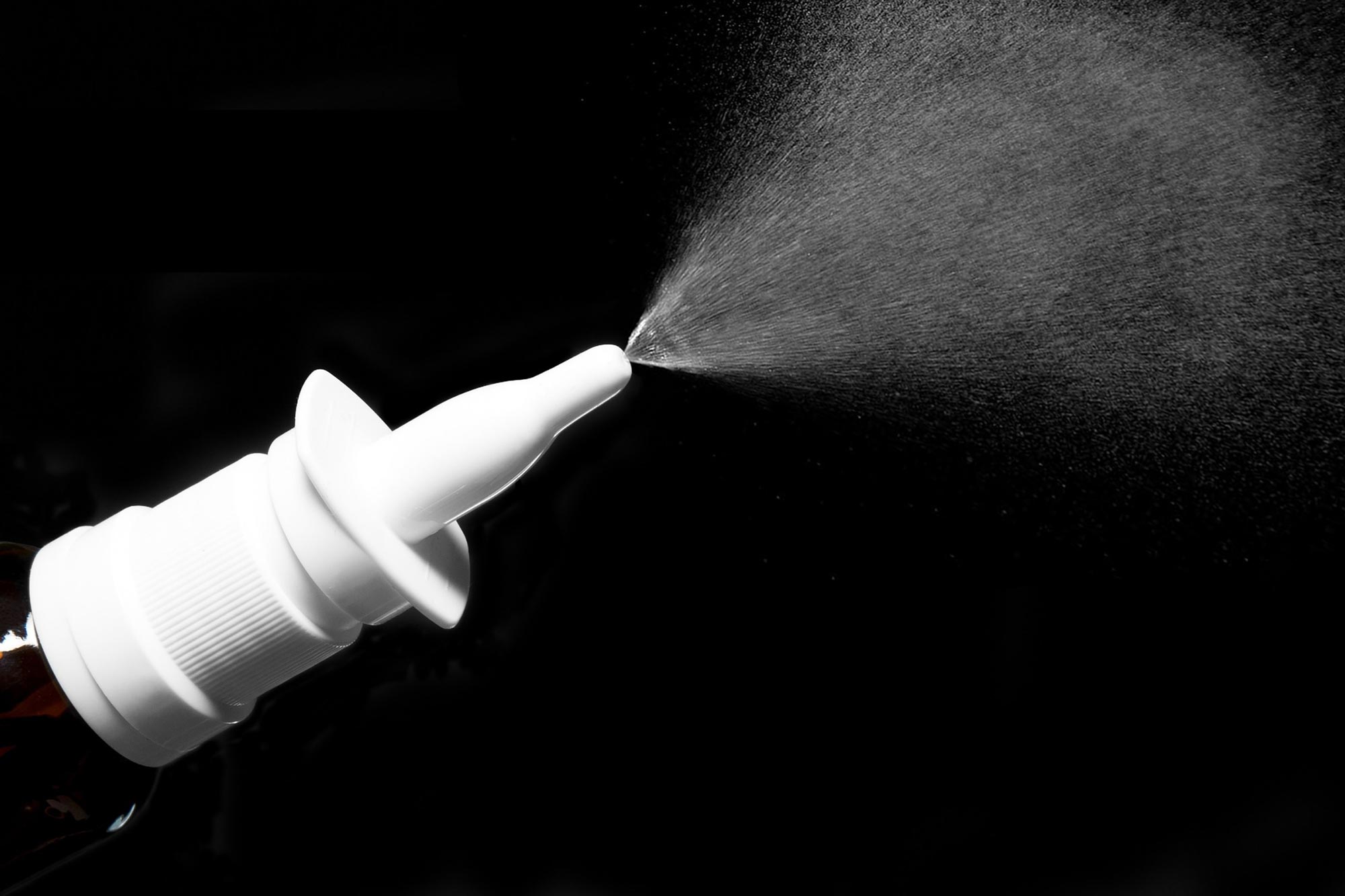
Spray for dementia: A new two-component drug is administered intranasally and slows the accumulation of amyloid plaques in the brain — key companions of Alzheimer’s disease and other neurodegenerative processes.
Japanese scientists reported the completion of preclinical trials of an intranasal drug that slows the development of neurodegenerative processes. The remedy uses a pair of commonly used drugs and worked successfully in experiments on mice without causing dangerous side effects. This is according to an article published in the journal Frontiers in Neuroscience. The work is summarized in a press release from Osaka City University.
Alzheimer’s disease and several other neurodegenerative diseases are closely linked to the accumulation of dense clots of amyloid proteins in neurons, which eventually cause them to die and destroy the entire brain structure. Several years ago, Takami Tomiyama and his colleagues showed that taking the well-known semi-synthetic antibiotic rifampicin slows the accumulation of amyloids if used at the earliest stages of the disease.
Clinicians use rifampicin in the treatment of tuberculosis, but with caution because of its toxic effects on the liver. Therefore, despite the encouraging results obtained on laboratory mice, Japanese scientists were in no hurry to move on to human trials, and instead started looking for ways to protect the liver from rifampicin. For this purpose, they decided to administer the drug intranasally, which allows the substance to enter the brain faster, bypassing its passage through the liver.
Spray for dementia was administered intranasally to mice
In addition, they paired the antibiotic with a drug capable of reducing its hepatotoxic effects. Resveratrol, a well-known antioxidant found in grape skins (and wine) in particular, turned out to be a suitable substance. In new experiments, Tomiyama and his co-authors tested the effect of a combination drug of rifampicin and resveratrol when administered intranasally to mice.
The animals used in the experiments were different model lines obtained to study neurodegenerative processes in the brain. They received rifampicin and resveratrol five times a week, for one month, and subsequently demonstrated absence of amyloid plaques and improved cognitive abilities compared to mice of the control group. At the same time, no signs of liver damage were seen in them.
The authors note that the amount of antibiotic needed to protect against Alzheimer’s disease is orders of magnitude less than that used to treat tuberculosis – less than 0.1 milligram per kilogram of body weight versus 10 milligrams per kilogram. All of this sounds very encouraging and makes it possible to prepare for human clinical trials of the combination drug. Japanese scientists plan to do this in the near future.





